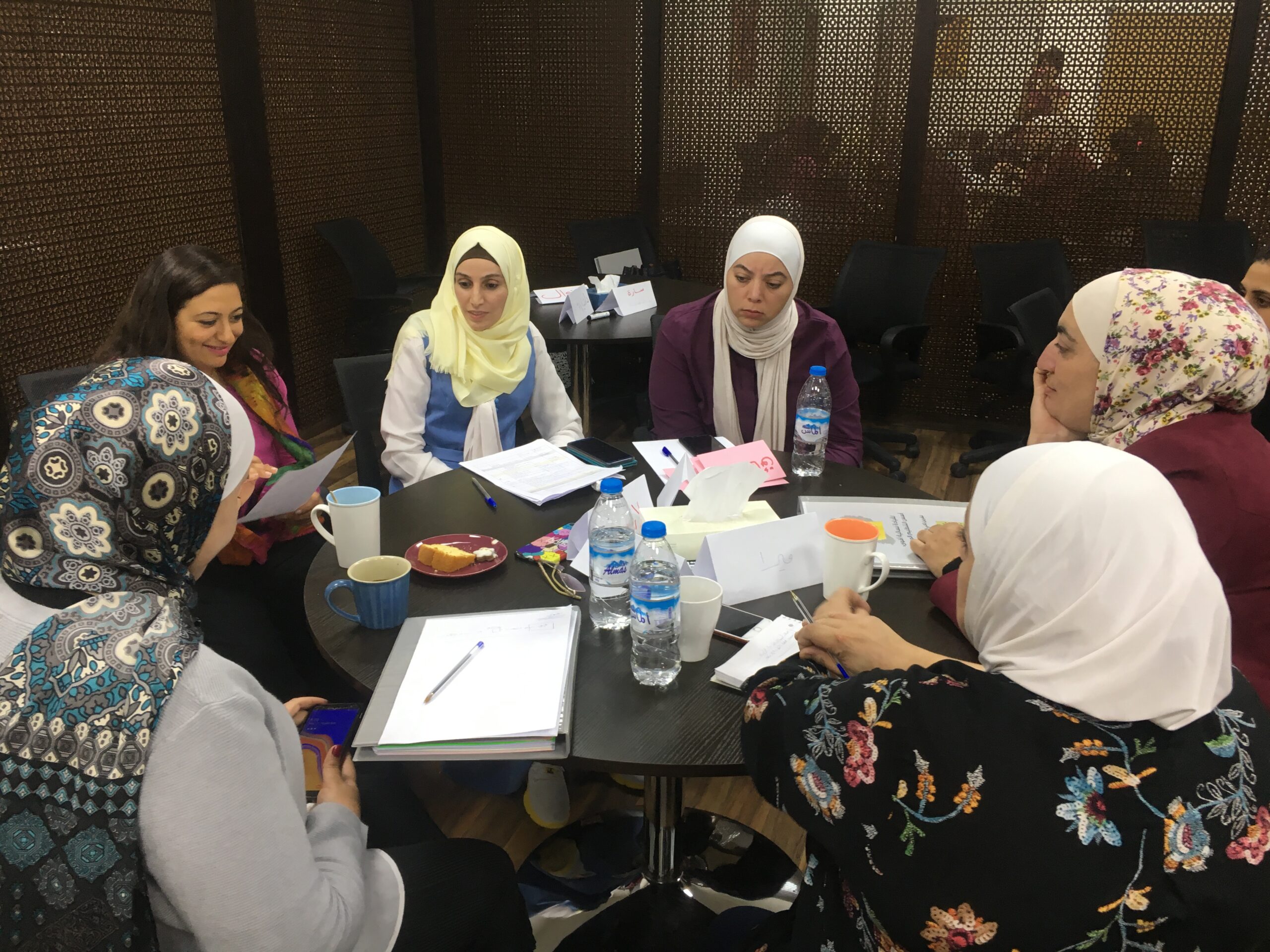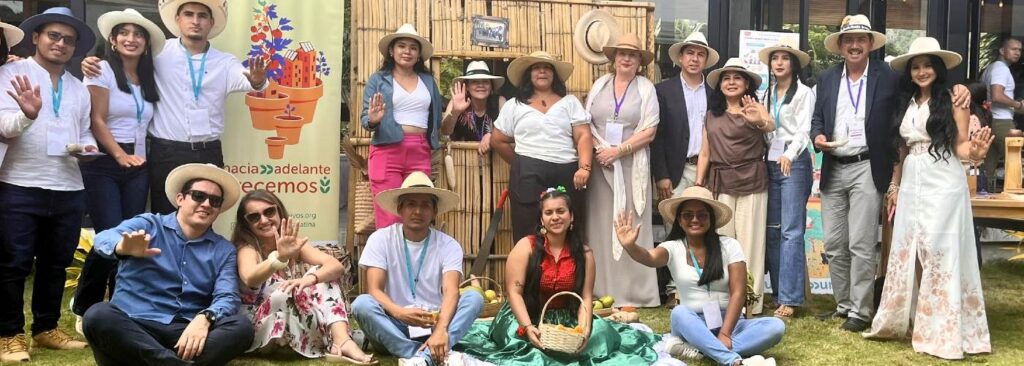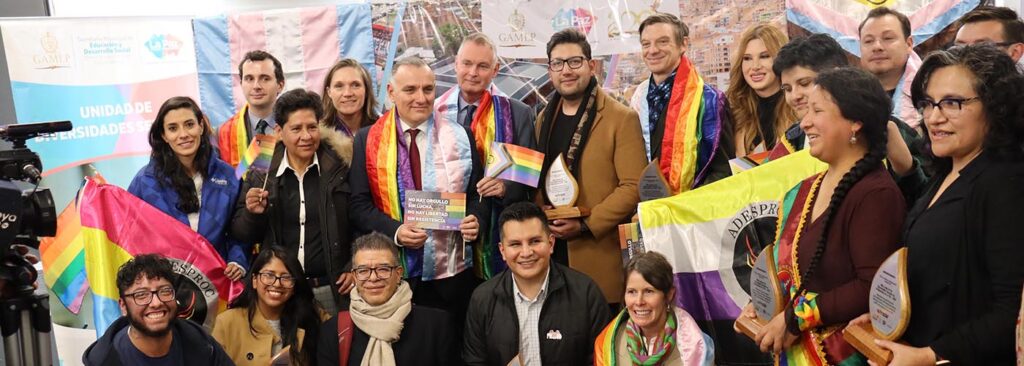id=”714″ id=”post-2145″ class=”wp-post-content-block ” itemscope itemtype=”http://schema.org/BlogPosting” itemprop=”blogPost”>
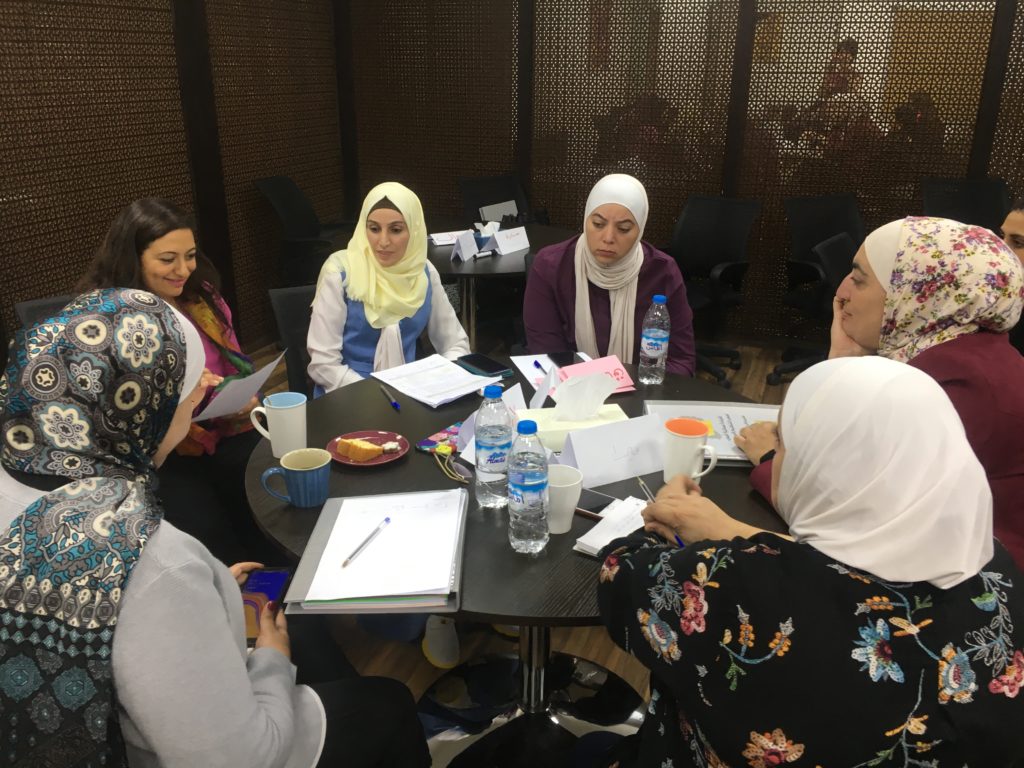
‘Principles of Community Organizing for Stronger Women Leaderships’ course launched by Hivos
By: Shara Jazzar
Hivos kicked off its “Principles of Community Organizing for Stronger Women Leaderships” course*, which is attended by 24 Jordanian female participants from diverse backgrounds and is taking place over a three-month period in the Jordanian capital Amman.
What is community organizing?
This course is based on Marshall Ganz’s community organizing model, which is a form of leadership that enables a constituency to turn its resources into the power to achieve its goals through recruitment, training, and development of leadership. Organizing is about equipping people (constituency) with the power (story and strategy) to make change (real outcomes).
Through supporting Stand Up With the Teacher campaign in partnership with Ahel, Hivos had a first-hand experience of community organizing as a tool to advocate for teachers’ rights in Jordan and as a means to mobilize them for a specific cause that concerns them.
Objectives of the course
The main leadership practices that will be addressed during the course are: public narrative, building relationships, devising strategy, catalyzing action and building community leadership. Upon the completion of the course, participants will understand the importance of relying on community organizing in order to fight for a cause and achieve change. They will also learn the strength that emerges from joining resources and capabilities to achieve their goal. Furthermore, the main objective of this course is to create a stronger female leadership in Jordan capable to lobby, act collectively and make pressure on decision-makers for the sake of achieving gender balance as well as gender equality; thus, participate fully and effectively.
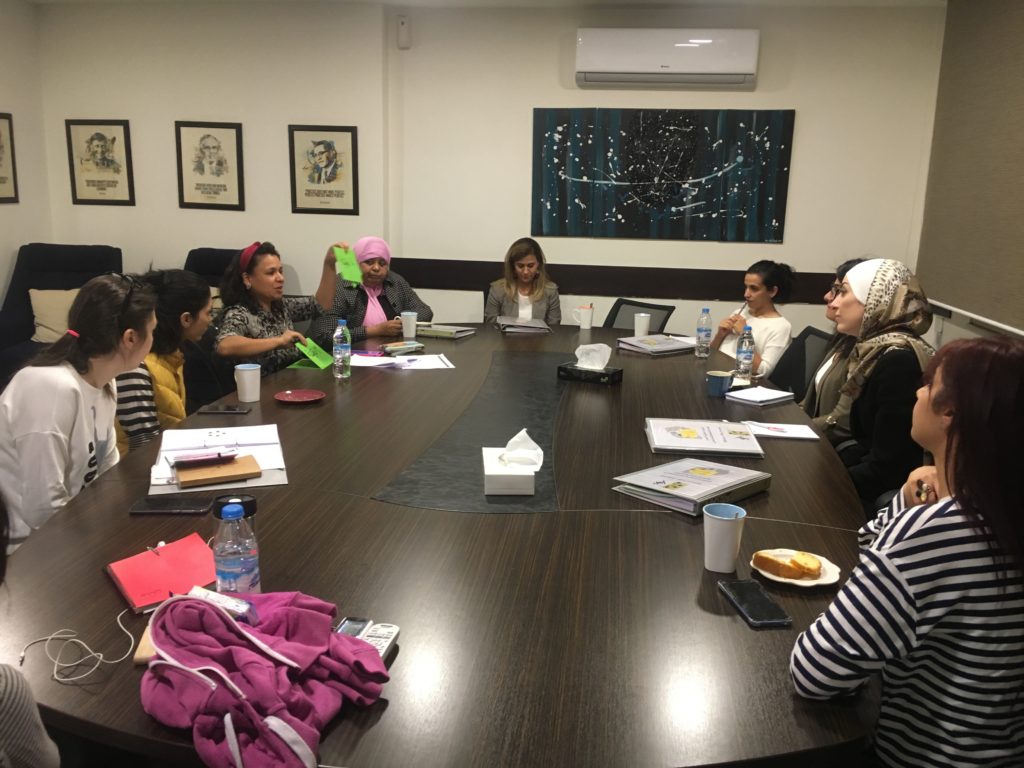
Theory and practice
During the first session, participants were introduced to basic theoretical principles such as democracy, the different types of leadership, the role of concerned parties when fighting for a cause and how to determine who they are, successful empowerment and how to ask good questions and avoid direct or oriented ones. Furthermore, they watched examples of coaching meetings and discussed them.
Finally, the women got divided into three working groups in order to practice coaching as a way of learning and enhance their individual capacities in formulating a challenge related to their cause.
*The course is delivered by Ahel’s team of experts.

